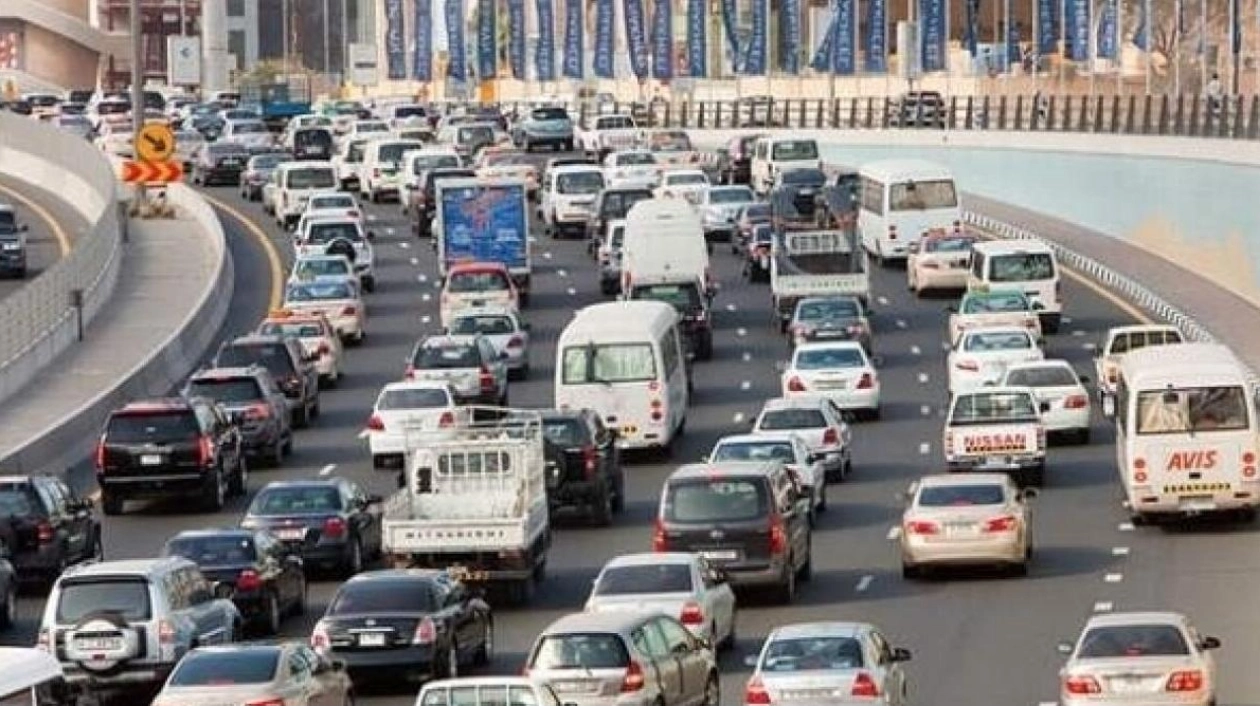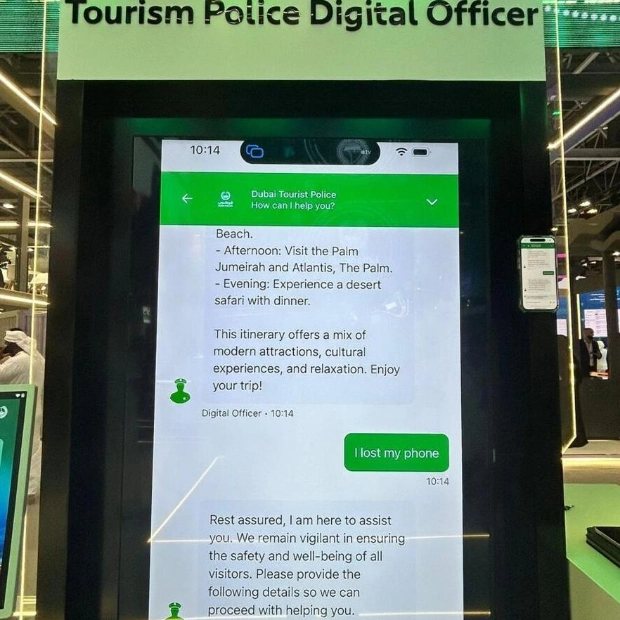For numerous residents in Dubai and Sharjah, exiting their community onto the main road can take over 30 minutes due to the single exit available. What would normally be a 2-minute drive to the highway during off-peak hours becomes a daily ordeal, with traffic jams stretching several kilometers during peak hours. Residents in various communities recount their daily struggles, noting that congestion often begins as early as 6:30 am and can last until late morning. With only one exit leading to a major highway, hundreds of cars queue up, resulting in slow-moving traffic that affects their neighborhoods.
Ahmed Rizwan, an engineer at a telecom firm, has lived in Dubai Production City for the past five years. He reports that it takes about 25 minutes just to exit his neighborhood. 'There are two exits in our neighborhood, and one has been closed due to construction. All residents must use the remaining exit onto E311 or take Al Fay Road to merge onto E311,' Rizwan explained, adding that the Al Fay Road exit is also congested during peak hours. 'A few years ago, I could reach the office in half an hour; now it takes over an hour each way,' Rizwan lamented.
For Dr. Ghadeer H, an Egyptian dentist working in a government facility in Dubai, the situation is a daily challenge. 'I get stuck in traffic for over 30 minutes just to reach the expressway,' Ghadeer said. Living in Al Tawoon in Sharjah, she faces severe congestion due to the single exit leading to Al Ittihad Road. Each morning, she juggles dropping off her children before heading to her clinic. 'I leave home at 6:30 am to drop my children at school in Al Nahda Dubai. It takes nearly half an hour to reach the highway if I delay even by 10 minutes,' Ghadeer explained. 'Even after reaching the highway, bumper-to-bumper traffic adds another hour to my commute to the clinic,' she added.
Similarly, residents of Jumeirah Village Circle (JVC) face daily traffic issues due to limited access points to the nearest highway, according to Dr. Mustafa Aldah, an Emirati traffic and transportation safety expert. Despite working from home, Aldah's routine is significantly affected by the need to drop his children off at school. 'Every morning, I must decide whether to take the shorter, jam-packed route or a longer one,' Aldah said. 'Surprisingly, the longer route takes about the same time, but the stress of bumper-to-bumper traffic on the shorter route is unbearable. It's not just about time; it's the daily frustration of dealing with the same traffic jams,' he added. Aldah also pointed out that the seemingly random closure of a major junction at Jumeirah Village Street 1 has exacerbated traffic woes in the area.
As a traffic and transportation safety expert, Dr. Mustafa Aldah not only shared his personal struggles but also offered advice on navigating congestion more efficiently and safely. Here are some tips from Dr. Aldah:
Be cautious when road surfaces change: 'Be extra cautious when transitioning between different surfaces, such as from asphalt to concrete or interlock. Drivers often underestimate the dangers of uneven surfaces, which can lead to accidents,' said Dr. Aldah. He emphasized reducing speed and maintaining a safe distance from the vehicle in front, especially when approaching areas where road conditions may change unexpectedly.
Check real-time traffic: Technology can help avoid traffic jams. Dr. Aldah recommends using navigation apps to find alternate routes with less congestion. 'Many people stick to their regular routes out of habit, but apps like Google Maps can show real-time traffic updates and suggest faster alternatives,' he said. 'Check the app before you start your journey, especially during peak hours, to ensure you take the least congested route.' Dr. Aldah also mentioned the importance of planning ahead and leaving home earlier if possible, to avoid the heaviest traffic.
Carpooling: Another strategy Dr. Aldah encourages is carpooling with people who work in the same building or live nearby. 'Carpooling is not only environmentally friendly, but it also helps reduce the number of vehicles on the road,' he said. 'If more residents in communities like JVC opted to share rides, it could ease congestion significantly.' By coordinating with neighbors or colleagues and alternating driving responsibilities, commuters can also reduce the stress and cost associated with daily travel.






